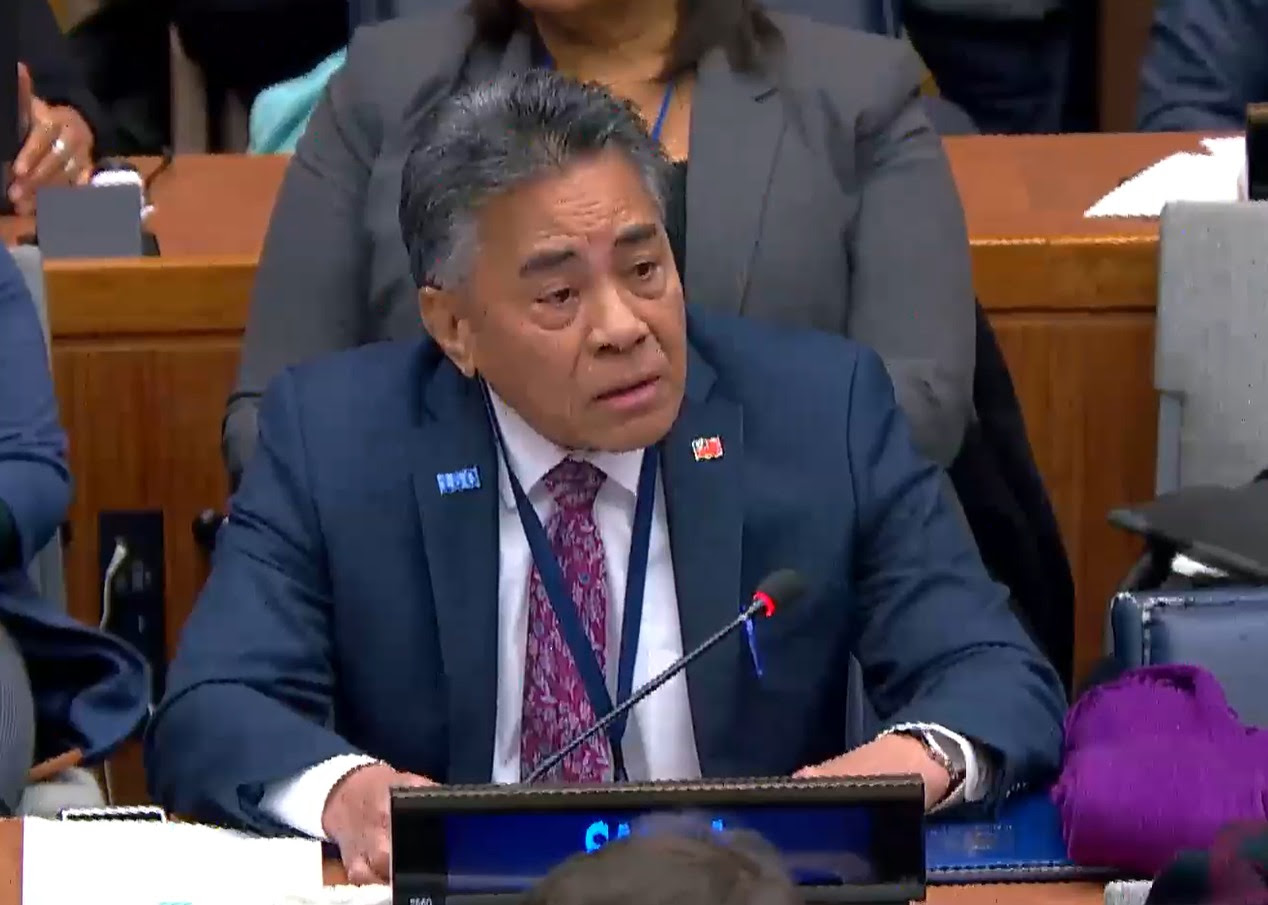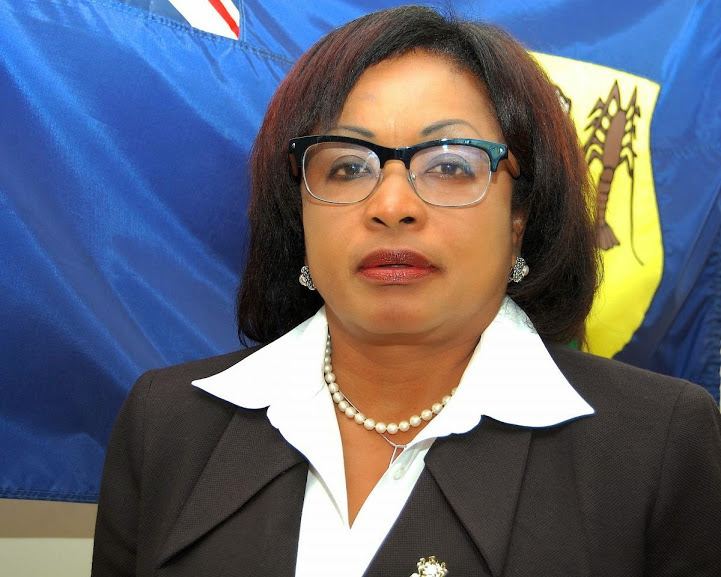By Desmond Brown – Executive Editor
KINGSTON, Jamaica, Nov 30 2016 – The Chairman of the Intergovernmental Panel on Climate Change (IPCC), Dr. Hoesung Lee, Wednesday responded to United States President-elect Donald Trump’s climate change denial, saying he does not believe this would hinder the global community in providing a science-based response to the phenomenon.
While not naming Mr. Trump, Dr. Lee noted that “political developments in some countries” had led to questions about the global response to climate change.
Addressing the opening of an IPCC outreach event for the Caribbean at the University of the West Indies, Regional Headquarters Building, Dr. Lee noted this was a question raised in Marrakech, at the recently held COP22 climate change meeting.
“One common question there was whether political developments in some countries could hinder the global community in providing a science-based response to climate change. My view is that values and political beliefs may vary, but science is the common ground where these conflicting views can find a common understanding,” he said.
“Other questions revolved around the relationship of climate and development policy. It’s important, as countries invest in infrastructure, that they don’t lock in high-carbon solutions that put stabilization out of reach. Today’s decision will have a long-lasting impact on what we do in 20 or 30 years from now.”
And while policymakers in many countries struggle to explain to people the threat of climate change and how it affects their everyday life, the IPCC chairman said responding to climate change is not an either/or choice for a country, but part of its development strategy.
Noting that as small-island developing states, the Caribbean nations are particularly vulnerable to climate change, the IPCC chairman said it’s particularly appropriate that this event, bringing together all the nations of the region, is the major item on this year’s calendar of the IPCC’s ambitious outreach programme.
“We are meeting less than a year since the global community reached agreement in Paris on an accord to tackle climate change. The Paris Agreement has entered into force in record time, and earlier this month, at COP22 in Marrakech, parties started the work of putting flesh on the bones to make the accord reality,” he said.
In Paris, governments asked the IPCC to prepare a special report on the impacts of warming of 1.5ºC and related emissions pathways.
Earlier this year, the IPCC brought experts together to scope out that report, and signed off the outline – the table of contents and structure – in October.
Dr. Lee said the IPCC is now recruiting authors to write the report, which will be delivered in 2018; and will convene experts next week to draft the outline of a second special report, on climate change and oceans and the cryosphere. That will be ready in 2019.
“The special report Global Warming of 1.5ºC will be extremely important, coming in 2018 just before countries hold a facilitative dialogue to prepare for the review of individual ambition – the nationally determined contributions or NDCs – which aim cumulatively to hold warming to the Paris target of well below 2ºC above pre-industrial levels while pursuing efforts to limit it to 1.5ºC,” he said.
The report on oceans is also particularly timely, and of obvious relevance to island nations. Oceans cover 70 percent of the planet’s surface but have been somewhat ignored in the climate negotiations so far. Now some – not all – countries are including them in their NDCs. Paying attention to the oceans is particularly important for adaptation – think of the risk to coastal settlements – but it is also important for mitigation.”
In 2019, the IPCC will also deliver a third special report, on climate change, desertification, land degradation, sustainable land management, food security, and greenhouse gas fluxes in terrestrial ecosystems, as well as an update to the 2006 IPCC Guidelines on National Greenhouse Gas Inventories, which provide methodologies for countries to measure their emissions and removals of greenhouse gases.




